Using Social Media as a Procrastination Device
The alluring addiction of being connected
Ms. Pflaumer, newspaper advisor
Students in Learning Centers at Abington High School often use their laptops and digital devices for homework, research, and checking news, as seen on March 12, 2020.
March 12, 2020
Now that I am in my third year enrolled in Abington High School, I have been plagued by the false idea that I need to strive for perfection in my academics. This belief is fueled by the notion that my grades are what determines my college education. But the more I think about where I am falling behind and the potential consequences, the more I lose the urge to be productive and retreat to social media.
Whether I am browsing my Twitter feed on my cell phone or watching YouTube videos on my laptop, social media has always been my go-to method of procrastination, the result of negative feelings surrounding schoolwork. I have been trying to combat this constant habit for months to relieve stress, and I have slowly become more self-conscious about how much time I am spending hiding from my responsibilities. More importantly, I have no time to pursue my own interests in life.
After dealing with these thoughts for months, I see how much of a roadblock these websites have become. Social media is eating too much of our free time by keeping us from seeking excitement in our lives and making us more vulnerable to stress.
I always dread waking up on a school morning knowing how much time I wasted yesterday.
— James Mulkern
Our use of social media to procrastinate is the result of the resistance we naturally experience whenever we are about to face a hard task. Fear of failure often causes us to retreat into our comfort zones, which could possibly be entertaining websites like YouTube.
On most days, after I return from school, I find myself glued to my cell phone for hours, knowing fully well that I have work that needs to be done fast. When I look away from my phone and examine my to-do list, I feel the need to schedule what assignments to finish first and how I will finish them.
But just thinking about my large stack of unfinished work that is constantly piling up causes me to lose focus and seek comfort by doing something else, thinking I can just come back to the assignment when I am in a better mood. What always happens, however, is that I postpone my work until late into the night, when I’d much rather be sleeping.
I always dread waking up on a school morning knowing how much time I wasted yesterday. I believe that the feeling of resistance I keep facing is because of how easily I can access social media and kill time. If we temporarily limit or block access to social media, then we’ll find it much easier to focus on work, whether it be schoolwork or something else.
The use of social media is very addictive. Once you sign in, logging out becomes a challenge. The need to finish tasks and live in the present world is obscured by the urge to be updated with online posts. When not using phones, people who are addicted are likely to have their minds clogged by the thought of chatting with their friends online. They might even become anxious when they don’t have access to the Internet.
Learning when and how to log out when using social media can be challenging for those who have built an active social presence online. In fact, the need to quit social media, in and of itself, causes stress. People can become self-conscious that they are not staying on schedule or that they are under-performing at their job or academics because of unhealthy procrastination. I, myself, wish to quit or reduce the time I spend on social media in order to cope with stress more productively, but the perfection and timeliness that school expects from me makes it too hard to make progress. All of these conflicting thoughts culminate in this large, unfathomable load of pressure.
The biggest problem that stems from this pressure is that it becomes hard for me to recover and enjoy my everyday life. I don’t want my academics to have full leverage over me and my life. Teens my age need time to find and develop hobbies, make friends, engage in social activities and community service, and figure out who they are and what they want to achieve as adults. Nevertheless, social media procrastination keeps my academic status in the back of my head.
Schools creating policies that limit phone use will not help kids who are addicted to social media. That is why we should be responsible and monitor our time online, and we need to earn that time. I wholeheartedly believe that, if we can overcome the alluring addiction of social media, we will become more efficient and live more fulfilling lives.

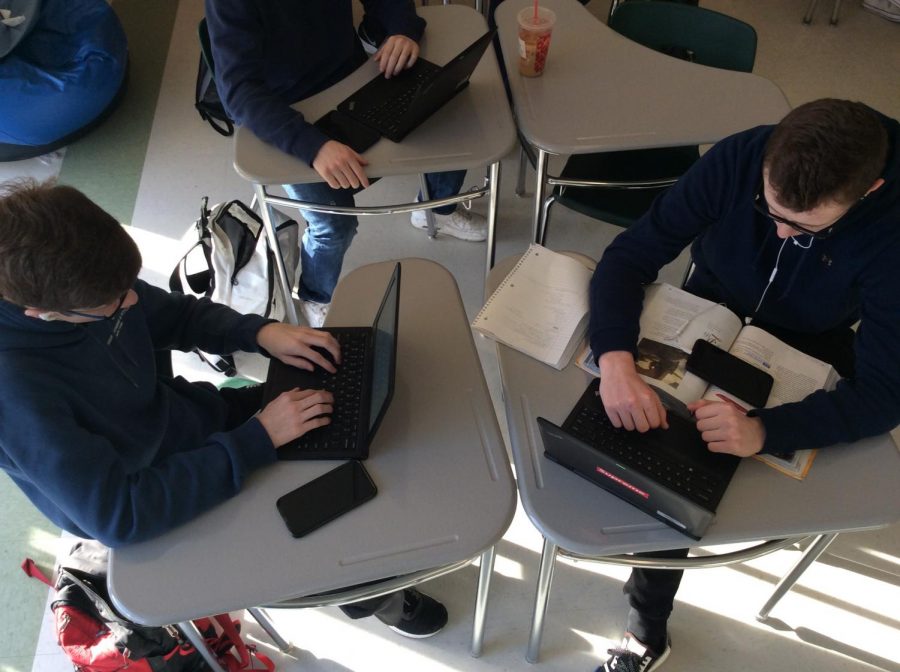
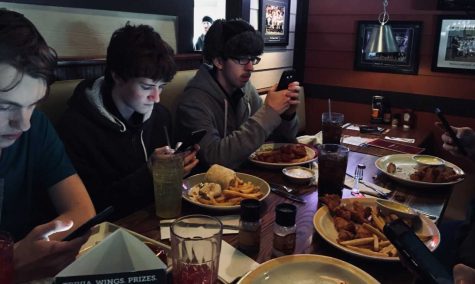

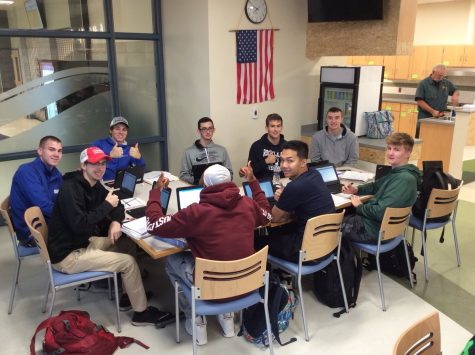














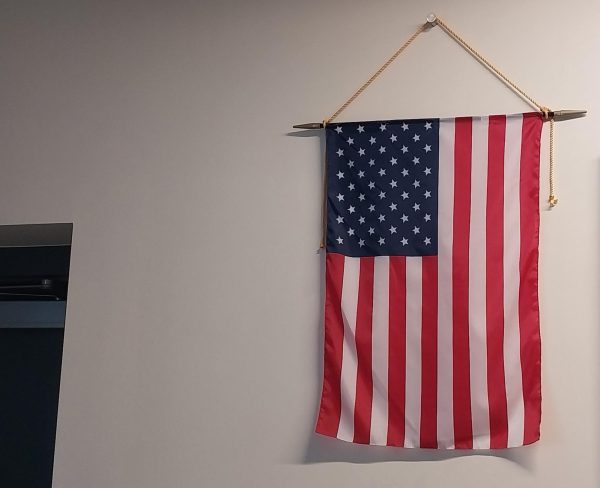
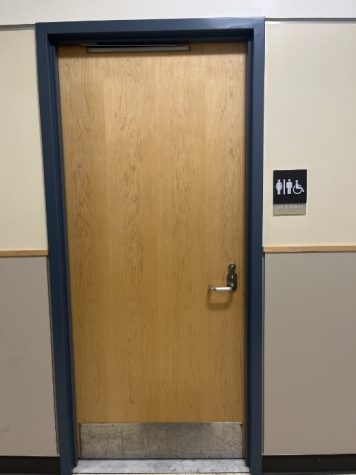


Elaine Brooks • Mar 12, 2020 at 11:35 PM
Love this article, James! It is so well written and very insightful. Great job!
Bill Brooks • Mar 12, 2020 at 8:37 PM
Very well written and expressed.Congrats on a great piece.continue the good works James